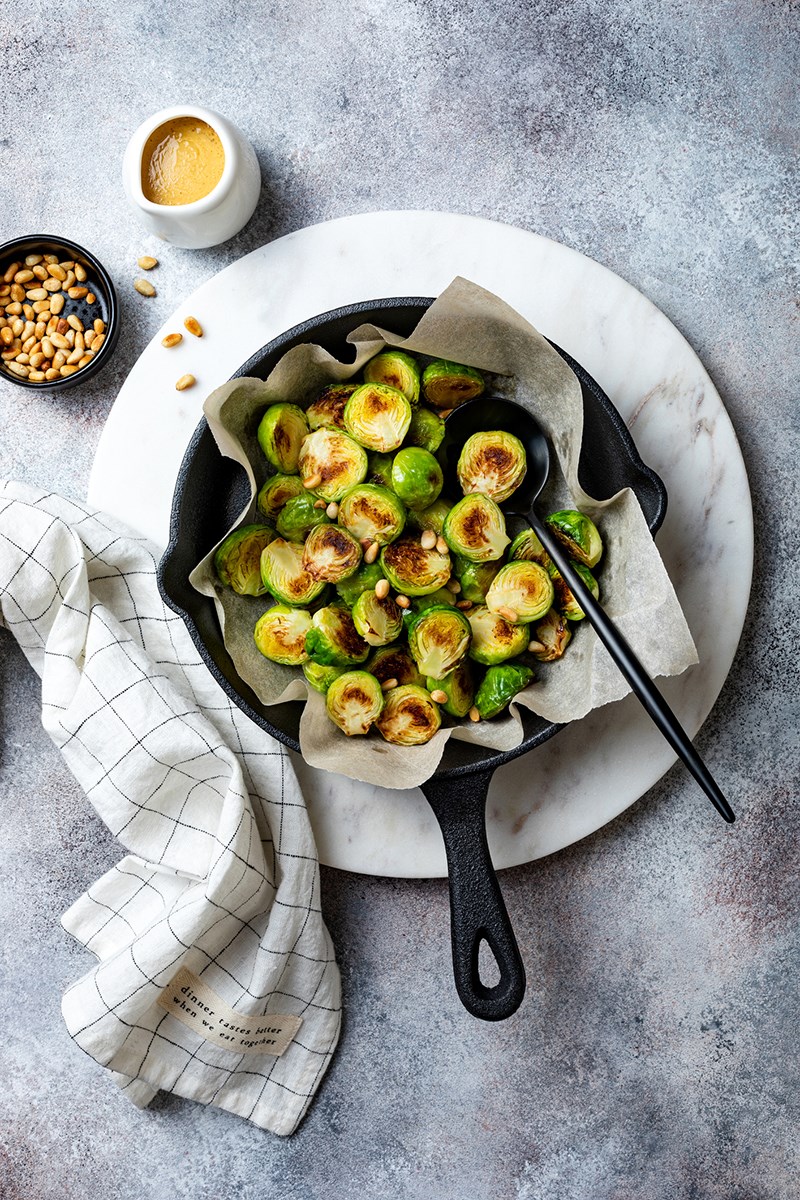As you drive through farm country these days, you will notice the fields are mostly bare. Only lingering hardy greens, cabbage, root vegetables and the last resilient raspberries remain.
If you enjoyed the abundance of local food all summer long, you may be wondering how to continue the feasting. Eating mostly local food during the fall and winter months can become a fun culinary challenge.
Try starting with the goal of 60 per cent local on your plate or of shopping at the farmers’ market every weekend for local fare. It will be a dance for the senses and fortifying for your physical house.
If you are a foodie and a planner, you likely already have a pantry full of squash, potatoes, dried plums, canned applesauce, and a freezer replete with salmon and prawns. It seemed that everyone was growing food this year, from children to granddads, so you may well have a lot in your coffers.
As we brace and prepare for the yet uncharted territories of a global pandemic and its repercussions, food resiliency is on our minds. This means there may be more treats of all kinds available that have been grown closer to home.
It’s not too late to add to and diversify your pantry. If you find you have 20 jars of pickles, but no canned beets, how about offering to trade with fellow canners? Any hardy herbs and greens can still be picked to dry or freeze for longer term storage. Mushroom season hasn’t quite finished up for the year, so fresh chanterelle soup could still be on the menu.
Those of you with family members who turn a nose up at brussels sprouts, kale, collards and parsley, may simply never have had them prepared well. Boiled brussels sprouts are pig gruel compared with their crispy-skinned version sprinkled with parmesan, lemon and fresh nuts. The symphony of flavours in a well-roasted butternut squash soup will make anyone reach for that second bowl.
There has never been a better time to reconnect with our local food systems. Locally sourced groceries have more nutrients, less packaging, and embody much lower greenhouse gas emissions overall.
We on the West Coast live in the cradle of incredible abundance of flavours and diverse food resources. From pear, plum and fig trees to every berry imaginable, fruit is covered. Does it really make sense to reach for a pineapple margarita in December when we could be serving a steaming cup of apple cider? And how about a blend of root veggies rather than imported tofu for a local hardy option in the cold winter months?
Connecting with local farmers and food preservers will greatly broaden your culinary options. Goat cheese, cherry chutney, fresh eggs, roasted fennel, venison, pesto and pickled seaweed could find their way to your plate during a January storm, if you shop well. Supporting locally grown and made fare is a tasteful way to participate in the circular economy – a buzz word on the lips of many that touts the importance of keeping resources as local as possible.
Share your favourite recipes and inspire others to get seasonal.
Let’s Talk Trash is qathet Regional District’s waste-reduction education program. For more information, email info@LetsTalkTrash.ca or go to LetsTalkTrash.ca.



